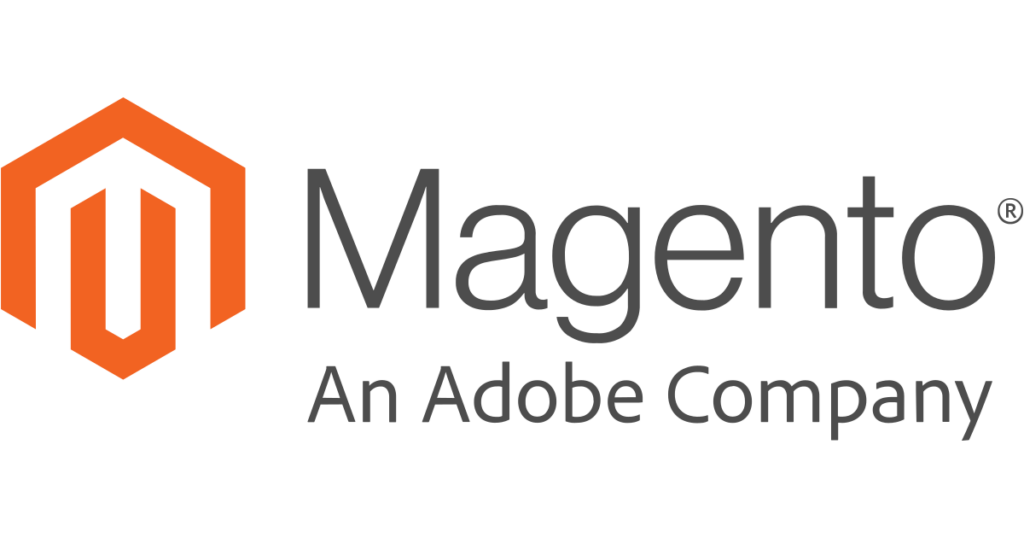What is a digital platform?
A digital platform is an online service that enables people to communicate, interact and share information and ideas online. It consists of three major components: the website, mobile apps, and social media accounts.
In addition to these, a digital platform may also include software applications such as customer relationship management systems, business intelligence tools, enterprise resource planning tools, marketing automation tools, content management systems, document management systems, collaboration tools, analytics tools, and others.
In business enterprise terms a digital platform can be considered as the sum total of any place where exchanges of information, goods, or services happen between producers and consumers along with the community that interacts with the platform. It’s important to note that the community itself is the key component of the digital platform – without that community, digital platforms have very little inherent value.
We interact with digital platforms on daily bases. Digital platforms take many different forms depending on the type of business model they employ and the specific purposes they fulfill. Some examples of digital platforms include:
- Social media platforms
- Knowledge platforms
- Media sharing platforms
- Service-oriented platforms
Hire a web developer
What are the essential components of a digital platform?
A digital platform is defined by the following characteristics:
- Ease of use and instant appeal for users
- Security and trustworthiness (clear terms and conditions must be set forth as well as privacy protection)
- Connectivity via APIs that enable third-party developers to build upon the platform’s core functionality
- Exchangeability among users (producer and consumer)
- Scalability without degrading performance
Digital platforms differ greatly in size and scope depending on what type of business they serve. Some companies focus solely on serving one customer base whereas others may wish to reach out to multiple customers across industries. Regardless of how big or small the digital platform is, the goal remains the same – creating an environment where businesses can thrive.
Benefits of a digital platform for an entrepreneur
Improved customer experience
Streamlined operations have allowed businesses to converse with customers via better modes of communication. These interactions have led to better customer handling experiences and client satisfaction. Moreover, since online platforms are easy for consumers to navigate in today’s digital age, it’s a convenient way for potential customers to interact with online marketplaces.
Improved data analytics
The web development of a digital platform can help your business analyst inherently improve your business model. The online platform makes it easier than ever to instantly collate data regarding a variety of factors related to user experience. With this information, you can ensure that you are getting the most out of your business and devise strategies for long-term success.
Increased competitiveness
A two-way marketplace that brings buyers and sellers alike together is a great way to ensure competition stays out of your business. It prevents competitors from succeeding by cutting down on the need to constantly accelerate large amounts of advertising. When you are able to establish a solid digital presence, you increase your foothold in the market.
12 benefits of an e-commerce website
What affects the cost of developing a digital platform?
The development process of creating a digital platform depends on what type of technology you use, whether you want to develop a native app or a hybrid one, and where you live. In general, marketplace app development costs vary depending the complexity of the project, the number of people involved, the level of experience of those working on the project, and the region where the app is being developed.
The type of platform
There are three types of apps: native, cross-platform, and hybrid. Native apps run directly on the device without requiring an additional layer of code. They are usually faster and easier to build, but require more work to maintain, because they cannot be updated remotely. Cross-platform apps can be built for multiple platforms, such as iOS, Android, Windows Phone, etc., and are usually cheaper. Hybrid apps combine both native and cross-platform technologies. Depending on the platform, they can offer better performance, but they are harder to update and maintain.
The number of developers
If you hire fewer than five people, you can do a lot of things yourself. If you have more than 10 developers, you’ll probably need to outsource part of the work. You can divide the work into smaller tasks and assign each task to a developer. This way, you’ll avoid paying too much per hour and you won’t waste time waiting for the entire team to finish their work and will be able to keep your website development cost down.
The number of hours
Per-project costs depend on the total number of hours required to complete the project. You can easily calculate the cost of each feature separately. For example, let’s say you need to add a button to your app. To do this, you’ll need to hire a designer to create the graphic assets. Then, you’ll need to write code to implement the button functionality. Finally, you’ll need to test everything. Each one of those steps requires specific resources and expertise. So, you can easily estimate the cost of adding a button to your app by multiplying the number of hours needed by the hourly rate.
eCommerce development services
PUBLI WEB MEDIA is a web agency that specialises in creating eCommerce websites. With more than 10 years of experience, our team has gained expertise in various facets evolving around the design and development of eCommerce websites and in integration of two-way communication systems between your eCommerce website and all management systems (ERP) and marketing systems of the company.
Made up of the most reliable members with extensive experience in eCommerce development website and integration, PUBLI WEB MEDIA brings together experienced project managers, software engineers, integrators, innovative UX designers and obsessive testers.
Contact us

